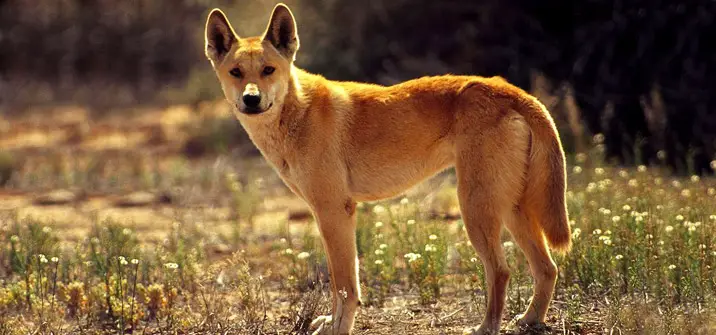Dingoes are wild free-roaming dogs that originated from the continent of Australia. In the beginning, their ancestors are known to have arrived with humans from Southeast Asia thousands of years ago when dogs were undomesticated. The Dingoes are also known as Australian Native Dog, Maliki, Warrigal, Noggum, Mirigung and Boolomo.
Training these dogs need to be started at a very young age or it will be difficult to train. They can be tamed at this very young age. This dog, when not trained, are not suitable to be left alone with children. If proper training is provided and cared for, this dog will be a delight to have in the household.


